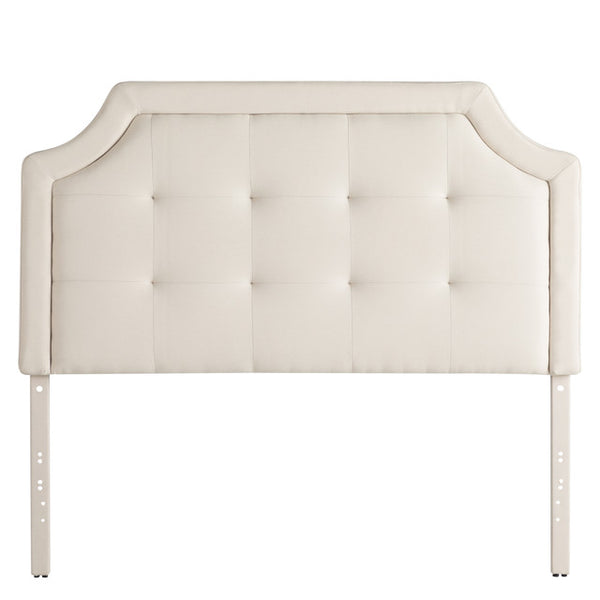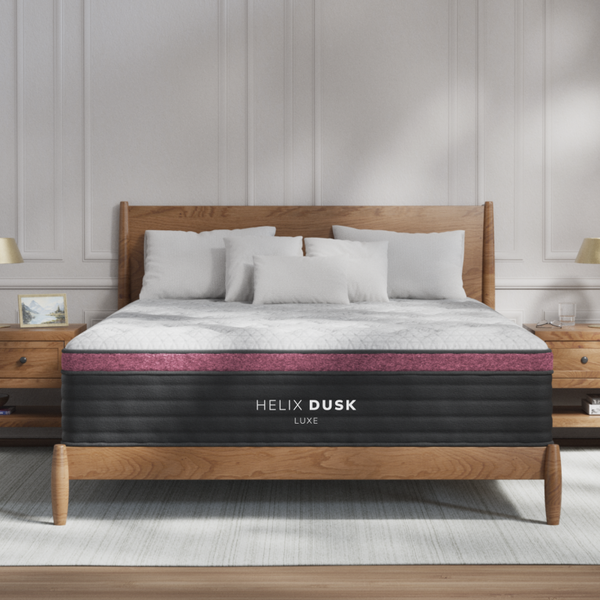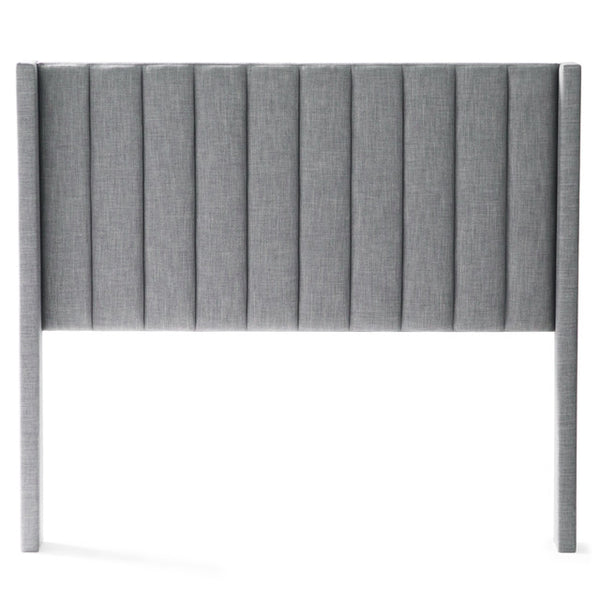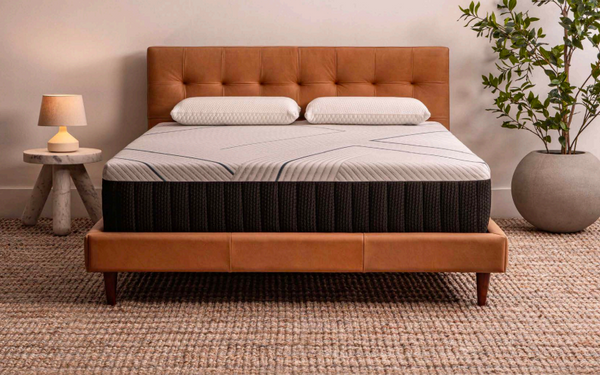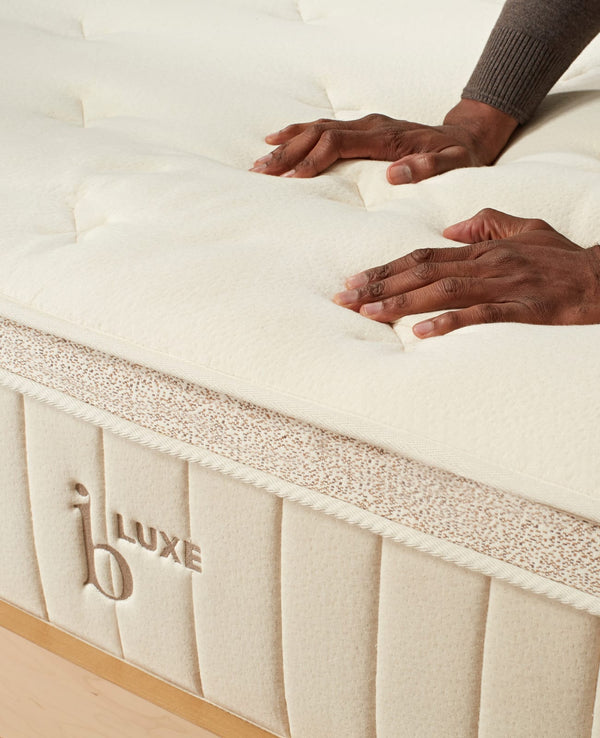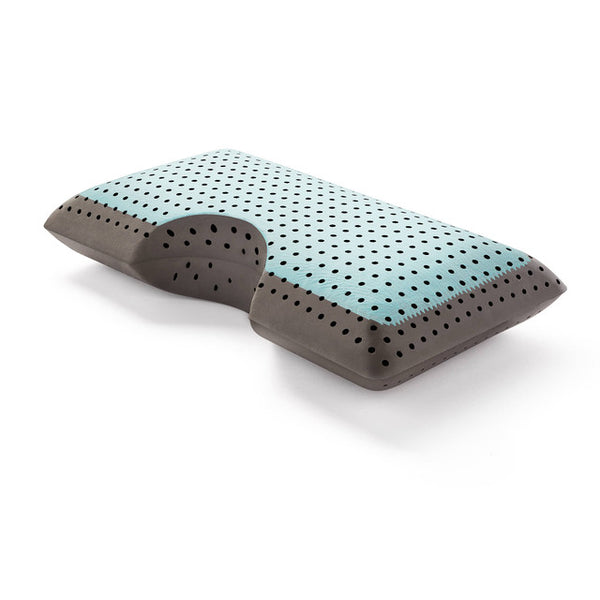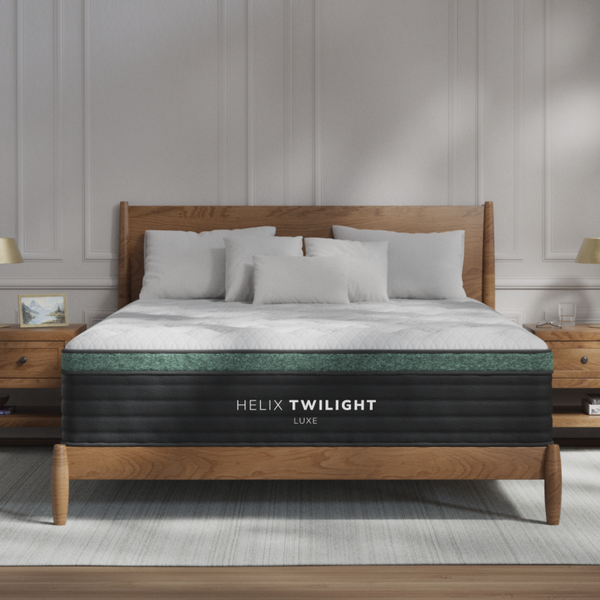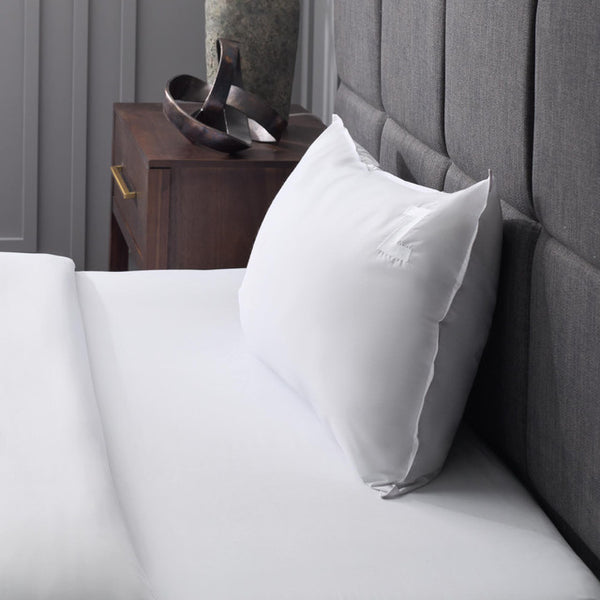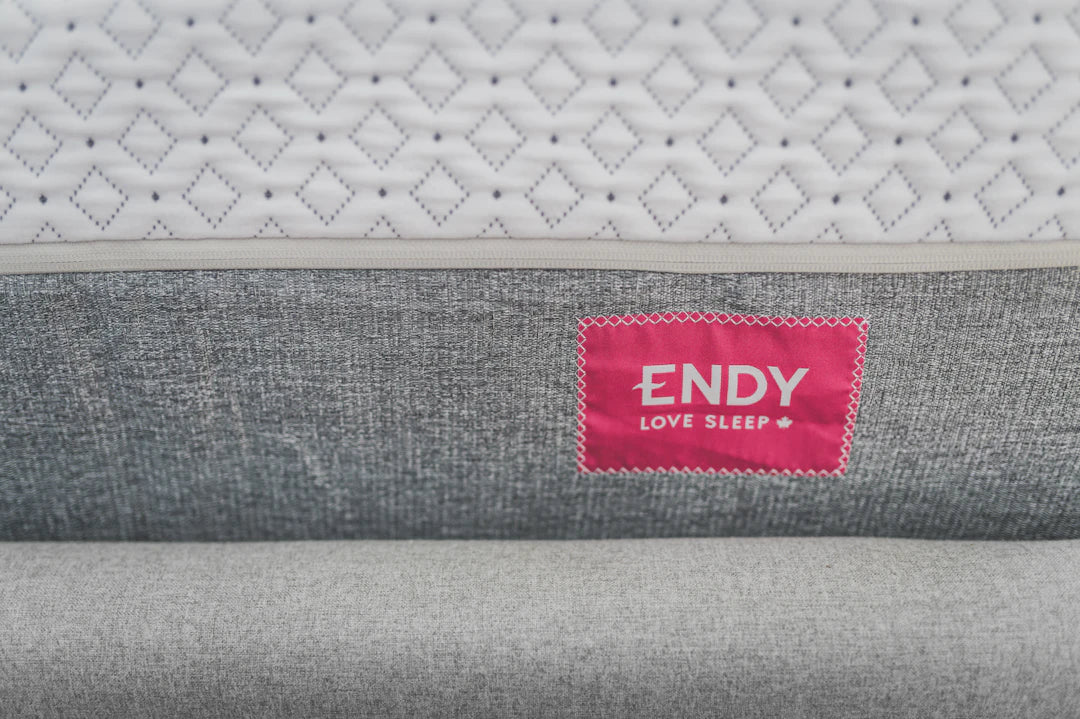
Frequently Asked Questions
1. How often should I replace my mattress?
2. What’s the best mattress for couples?
3. Are online mattress shopping options reliable?
4. What factors should I consider when choosing a mattress?
5. What are the different types of mattresses available?
Finding the right mattress can be an overwhelming journey. With so many options available, it’s essential to understand the different types of mattresses on the market to make an informed choice. This comprehensive guide will help you understand various mattress types, their features, pros and cons, and which might be the best fit for your sleep needs.
The Importance of Choosing the Right Mattress
Your mattress plays a crucial role in your overall health and well-being. A good night's sleep improves your mood, increases productivity, and enhances your quality of life. On the other hand, a poor mattress can lead to discomfort, waking up with pain, and restless nights. Taking the time to assess mattress types can make a significant difference in your sleep experience.
Types of Mattresses
Innerspring Mattresses
Innerspring mattresses are among the most traditional types available. They consist of a core of steel coils that provide support, topped with layers of foam, cotton, or other materials. The coil system can vary in number and design, affecting the mattress's overall comfort and support.
Pros:
- Generally more affordable
- Good breathability and temperature regulation
- Available in a variety of firmness levels
Cons:
- Can wear out more quickly than other types
- May transfer motion, causing disturbances when sleeping
Memory Foam Mattresses
Memory foam mattresses have gained popularity over the years for their ability to conform to the sleeper's body shape. This viscoelastic material provides excellent support and pressure relief, making it a favorite among those with joint pain or discomfort.
Pros:
- Excellent motion isolation
- Pressure relief and body contouring
- Available in different firmness levels
Cons:
- Can retain heat, leading to discomfort for some
- Usually more expensive than innerspring options
Latex Mattresses
Latex mattresses are made from natural or synthetic latex rubber. They offer a unique combination of supportive firmness and bounce. They are also known for being more durable than other types of mattresses and are often sought after for their eco-friendly attributes, especially in the case of natural latex.
Pros:
- Durable and long-lasting
- Good breathability and temperature regulation
- Natural latex options available for eco-conscious shoppers
Cons:
- Typically more expensive
- Heavier and more difficult to move
Hybrid Mattresses
As the name suggests, hybrid mattresses combine elements from different types of mattresses, primarily innerspring and memory foam or latex. They aim to offer the best of both worlds — the support of coils with the comfort of foam or latex.
Pros:
- Good balance of support and comfort
- Reduced motion transfer
- Variety of materials to choose from based on personal preferences
Cons:
- Can be pricier than traditional models
- Quality variations exist based on the design and materials used
Airbed Mattresses
Airbed mattresses offer adjustable firmness by allowing users to inflate or deflate the mattress to their preferred comfort level. They typically include layers of foam for added comfort and support.
Pros:
- Customizable firmness for individual preferences
- Good for couples with different sleep preferences
- Durable with less risk of sagging
Cons:
- Can be expensive and complicated to set up
- Potential for air leaks over time
Factors to Consider When Choosing a Mattress
When selecting a mattress type, there are several factors to keep in mind to ensure you make the best choice for your sleep style and preferences. Here are some essential criteria to consider:
Sleeping Position
Your primary sleeping position can influence the type of mattress ideal for you. Here’s a quick rundown of recommendations based on sleeping positions:
- Back Sleepers: Often benefit from a medium-firm mattress for optimal support.
- Side Sleepers: May prefer a softer mattress to cushion the shoulders and hips.
- Stomach Sleepers: Typically require a firmer mattress to prevent the hips from sinking lower than the shoulders.
Body Weight
Your weight can also impact how a mattress performs. Heavier individuals may require a firmer mattress for adequate support, while lighter individuals may be comfortable on softer options.
Allergies and Sensitivities
Consider any allergies or sensitivities when choosing your mattress. For instance, those with allergies may opt for hypoallergenic materials like natural latex to reduce allergens in their sleeping environment.
Temperature Sensitivity
If you tend to sleep hot, it’s essential to consider materials that offer good cooling properties, such as those found in innerspring or latex mattresses. Alternatively, look for specialized cooling gel-infused memory foam options.
Budget
Mattresses vary significantly in price. Establishing a budget beforehand can narrow down your options and help you find the best mattress within your price range. Remember, investing in a higher-quality mattress can lead to better long-term sleep quality.
Frequently Asked Questions
How often should I replace my mattress?
It’s generally recommended to replace your mattress every 7 to 10 years, although this can vary based on the mattress type, wear and tear, and individual comfort levels. Listen to your body; if you're experiencing discomfort, it may be time to consider an upgrade.
What’s the best mattress for couples?
For couples, a hybrid mattress or one that offers good motion isolation—like a memory foam option—tends to work best. This helps reduce disturbances when either partner moves during the night.
Are online mattress shopping options reliable?
Purchasing a mattress online can be convenient, and many brands offer trial periods that allow you to test the mattress at home. Be sure to read reviews and understand the return policy before making a decision.
Your Ideal Sleep Awaits!
Understanding the different types of mattresses is crucial for making an informed decision that meets your unique sleep preferences and health needs. Whether you prefer the bounce of an innerspring, the contouring comfort of memory foam, or the eco-friendliness of latex, the right mattress is out there waiting for you. Take your time, ask questions, and enjoy the journey to better sleep. Your body, mind, and spirit will thank you for it!

